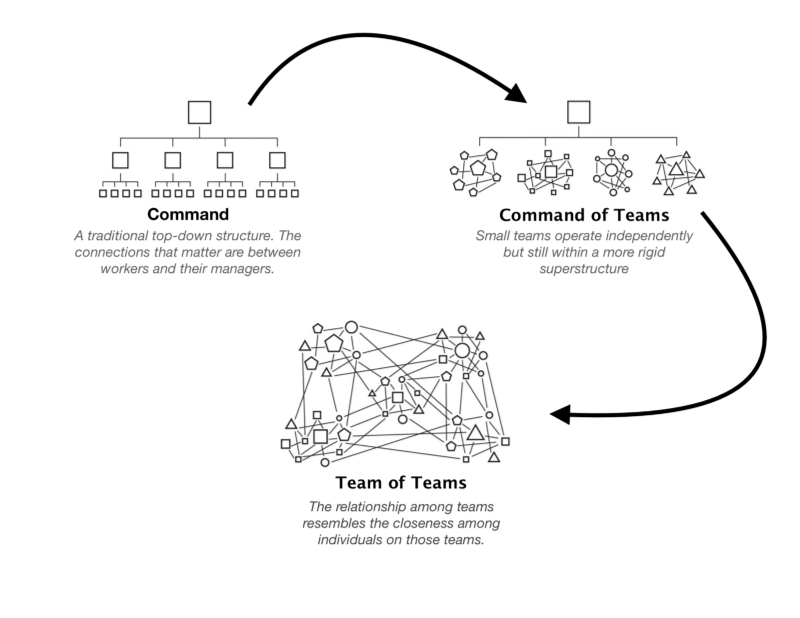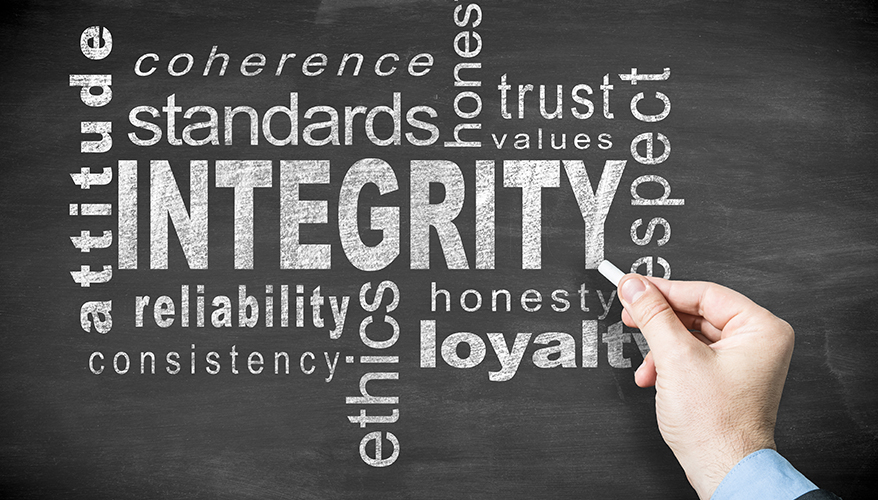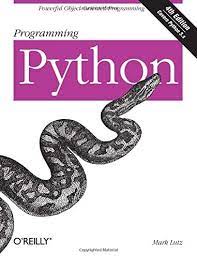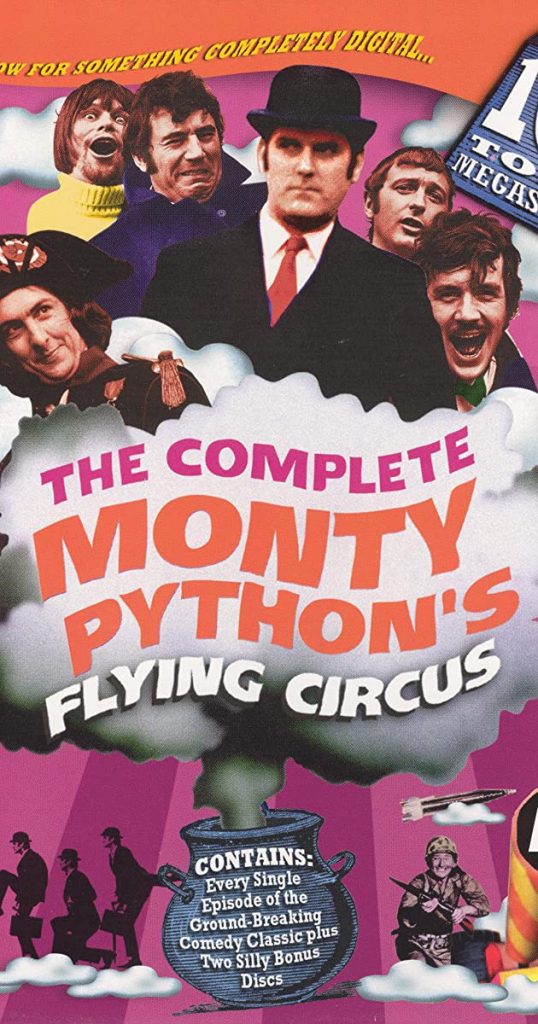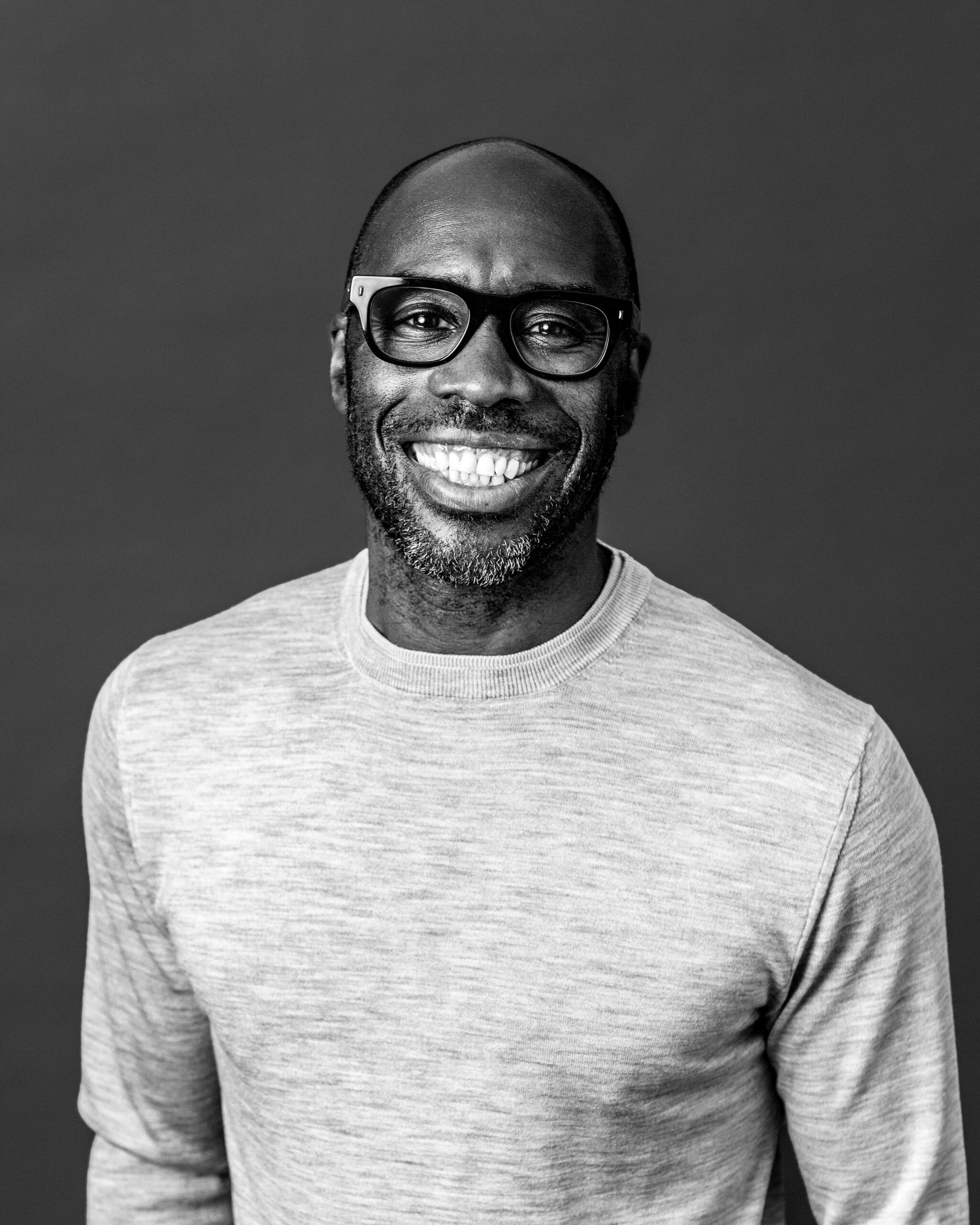We waste a lot of clothes. Fast fashion doesn’t help either. New becomes old faster than old becomes new so we end up with too much. That wouldn’t be a problem except for the fact that it’s environmentally expensive to produce clothes and its waste has a significant negative impact on the planet. Here are three disturbing facts:
- 8-10% of global greenhouse gas emissions are from clothes waste sitting in landfills
- It takes 2,700 liters of water to make one cotton shirt (that blows my mind)
- 85% of all textiles go to waste due to fast fashion, shipping, poor manufacturing techniques

Sadly, we don’t really connect with the aforementioned ‘big waste stats’ but the numbers are still frightening. So let’s bring this home. On average we only really wear 50% of our wardrobe. It’s true, we wear what we like. And we don’t prune our wardrobe very often. Instead, we keep stuff and then do periodical clearouts where we rush to donate, pass down, give away, or dump the excess. And guess which one is the easiest to do people!
As a result 3 out of 5 pieces of clothing (environmentally expensive) produced end up in landfills within a few years of being made. And that mountain of textiles you see above, well that takes 200+ years to decompose in landfills, emitting harmful gases throughout.
Some good clothes waste ideas
People are looking to the fashion industry to be held accountable for the full end-to-end life cycle of the clothes they produce. Here are a few good ideas:
- Digital platforms that facilitate the donation of a brand’s dead stock back to new customers.
- Biodegradable products that consumers can send back to brands to turn into compost
- A resell tag embedded with clothing where the owners simply scan the QR code and it’s advertised for reselling across major platforms such as Facebook and Instagram.
Good solutions for the problems we have created, but at least its progress. We can definitely do more.




